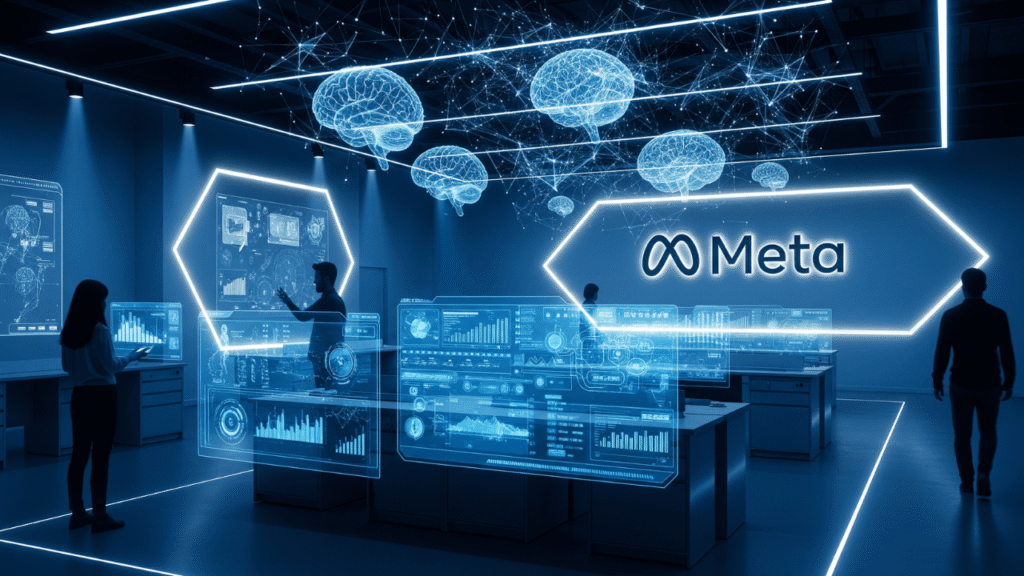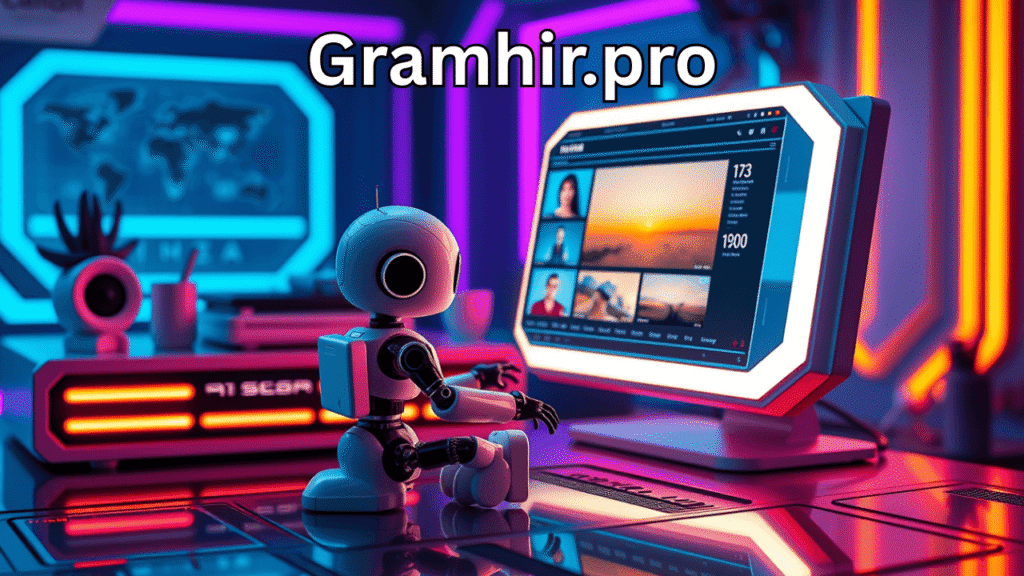In a move that’s sending ripples across the tech world, Meta Platforms Inc. has recently announced significant AI layoffs, impacting around 600 employees in its artificial intelligence divisions. The news has ignited conversations not just among industry insiders, but also among fans, employees, and tech enthusiasts who have been following the company’s AI ambitions. From the perspective of someone who has been tracking Meta’s AI trajectory, this restructuring feels like both a cautionary tale and a strategic pivot.
The Scope of the Meta AI Layoffs
The layoffs primarily hit the company’s Fundamental AI Research (FAIR) unit, AI product teams, and AI infrastructure divisions. These are teams that have been at the heart of Meta’s push into artificial intelligence, working on everything from next-generation AI models to cutting-edge AI infrastructure. Interestingly, newer initiatives like the TBD Lab, which focuses on large language models such as LLaMA, were left untouched. Meta’s Chief AI Officer, Alexandr Wang, explained that the goal of the restructuring is to create smaller, more agile teams capable of making higher-impact decisions.
For fans and employees alike, this news is bittersweet. On one hand, it highlights the volatility and competitiveness of the AI sector; on the other, it signals a possible consolidation of resources to sharpen Meta’s AI strategy.
Why This Restructuring Happened
Meta has invested heavily in AI over the past few years — from a $14.3 billion stake in Scale AI to hiring top talent from industry giants like OpenAI and Google. Despite these massive efforts, challenges such as early staff turnover, overlapping research goals, and the need for faster decision-making have prompted the company to reassess its structure. The layoffs, therefore, aren’t a sign of AI failure at Meta; they are a calculated effort to ensure that the remaining teams operate more efficiently and effectively.
Also Read
Analysts suggest that this move is also about positioning Meta to compete with rivals in the AI space, including OpenAI, Google DeepMind, and Anthropic. The restructuring could allow Meta to focus its resources on projects that promise quicker returns or more transformative potential, rather than spreading talent too thin across multiple overlapping initiatives.
Reactions from the Tech Community
The reaction to the Meta AI layoffs has been mixed. On tech forums and social media, some employees expressed concern over job security and questioned whether such restructuring could disrupt ongoing AI projects. Others saw it as a necessary step for long-term innovation. Fans of Meta’s AI work — especially those following the LLaMA models — were reassured that the most high-profile, high-potential projects would continue, despite the workforce reduction.
From an investor perspective, the move signals a commitment to operational efficiency. Meta’s stock, trading at around $733.41 USD at the time of the announcement, reflects a market that is cautiously optimistic about the company’s AI ambitions, even amid workforce adjustments.
The Human Side: Employees and Culture
While numbers and strategy dominate the headlines, it’s important not to overlook the human impact. Hundreds of talented individuals — researchers, engineers, and AI specialists — will be leaving the company. For those employees, it’s a personal and professional upheaval. Many have been part of Meta’s AI journey for years, contributing to foundational research and cutting-edge experiments. The layoffs serve as a reminder of the fast-paced, high-pressure environment of big tech, where even top-tier talent can face sudden transitions.
At the same time, for the remaining teams, there’s potential for a renewed focus and clarity. Smaller, more agile teams can sometimes foster creativity and faster decision-making, allowing Meta to pivot quickly in a rapidly evolving AI landscape.
What It Means for Meta’s AI Strategy
The layoffs reflect a broader strategic vision: Meta wants to focus on AI projects that can deliver real-world impact and compete effectively on the global stage. The company has been candid about its ambitions, particularly in building systems that approach “personal superintelligence” — AI tools that are not only advanced but also deeply integrated into everyday applications.
For fans following Meta’s AI progress, this is both exciting and nerve-wracking. Exciting because the focus could accelerate breakthroughs; nerve-wracking because restructuring always carries short-term disruption risks. If executed well, however, these Meta AI layoffs could mark the beginning of a sharper, more competitive Meta AI ecosystem.
Industry Implications
The AI sector is notoriously competitive, with companies racing to build more powerful models, deploy smarter infrastructure, and recruit elite talent. Meta’s layoffs are indicative of a larger trend: AI divisions must constantly adapt, optimize, and focus on high-value projects to stay relevant. Other tech giants may view this as a signal that strategic consolidation is sometimes necessary to maintain leadership.
For startups and smaller AI companies, it’s a reminder that even well-funded giants like Meta face tough decisions. For investors and industry watchers, it underscores the importance of execution over ambition — talent alone is not enough without strategic alignment.
Looking Forward
While layoffs often grab headlines, the future of Meta’s AI initiatives remains promising. High-profile projects like LLaMA and other superintelligence experiments continue unhindered. By streamlining its teams, Meta may be positioning itself to respond more quickly to AI innovations, adapt to market shifts, and maintain competitiveness against global rivals.
For fans, employees, and observers, the key takeaway is that Meta AI layoffs are not an endpoint but a pivot — one that reflects the challenges of scaling AI research while striving to stay at the forefront of technological innovation.
Final Thoughts
Meta’s AI journey has always been a story of ambition, experimentation, and adaptation. The recent layoffs are a chapter in that story — a reflection of the complex balancing act between innovation, efficiency, and talent management. For fans and industry insiders, it’s a moment to watch closely, analyze carefully, and speculate passionately. Because in the fast-moving world of AI, every decision, every restructuring, and every strategic shift could shape the future of technology in profound ways.





